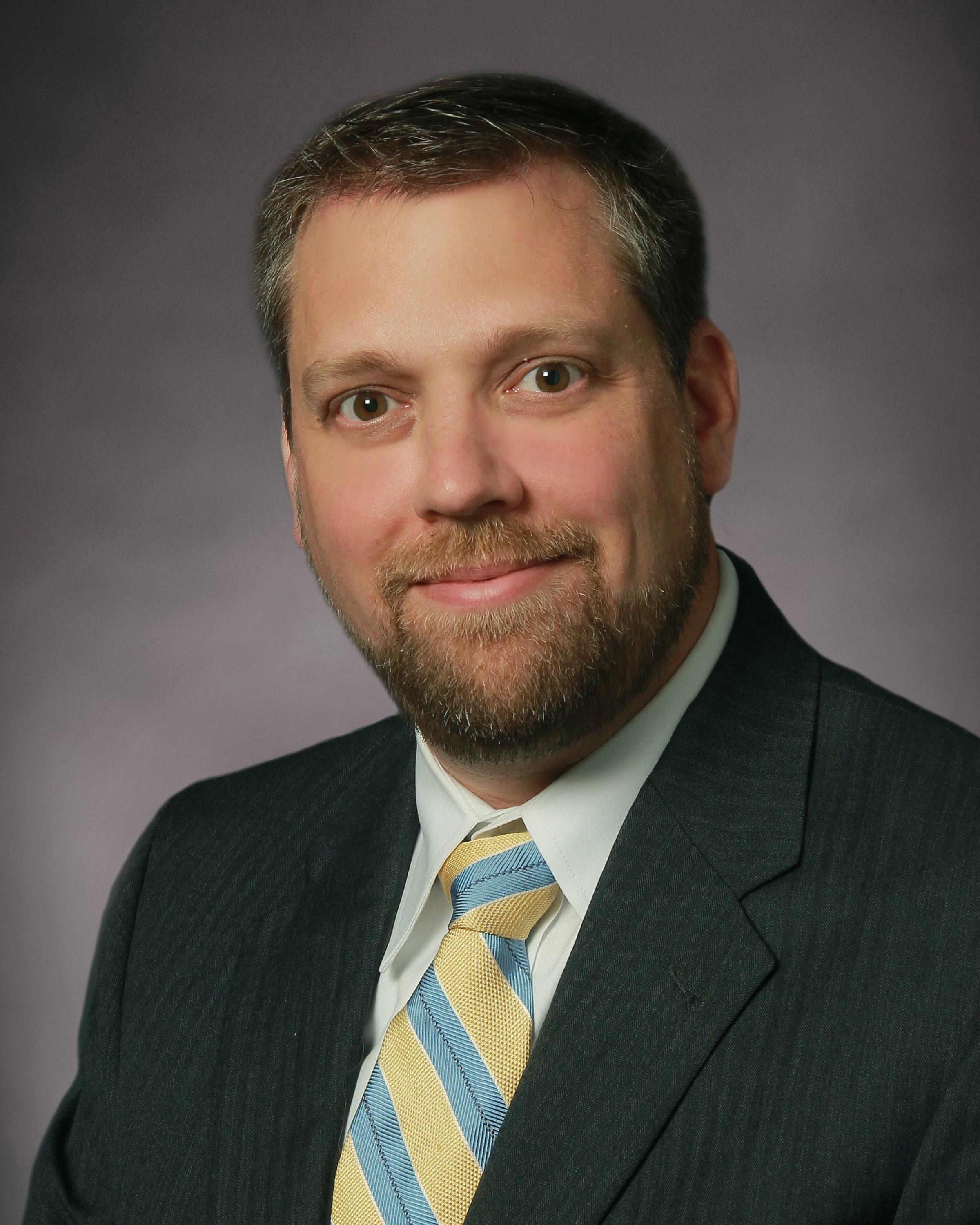Department of Nuclear Engineering

All Events
- This event has passed.
Seminar: Multiphysics Modeling and Simulation – Modern Reactor Analysis Codes
April 18, 2019 @ 4:00 pm - 5:00 pm
Event Navigation
Dr. Justin K. Watson
Associate Professor of Nuclear Engineering
Department of Materials Science and Engineering
University of Florida
Abstract
Historically large physics problems have been divided into smaller problems based on the individual physics, typically referred to as Operator Splitting (OS). The analysis of a nuclear reactor for design-basis accidents is performed by a handful of computer codes each solving a portion of the problem, based on the physics involved. The reactor thermal hydraulic response to an event is determined using a system code like TRAC RELAP Advanced Computational Engine (TRACE). The core power response to the same accident scenario is determined using a spatial neutron kinetics code like Purdue Advanced Reactor Core Simulator (PARCS). Industry’s drive to up-rate power for reactors has motivated analysts to move from a conservative approach to design-basis accident towards a best estimate method. To achieve a best estimate calculation efforts have been aimed at coupling the individual physics models to improve the accuracy of the analysis and reduce margins. The current coupling techniques are sequential in nature (i.e. they treat shared data explicitly in time). During a calculation time-step data is passed between the two codes. The individual codes solve their portion of the calculation and converge to a solution before the calculation is allowed to proceed to the next time-step. This talk presents a fully implicit method of simultaneously solving the neutron balance equations, heat conduction equations and the constitutive fluid dynamics equations. The talk also outlines the basic concepts behind the nodal balance equations, heat transfer equations and the thermal hydraulic equations, which will be coupled to form a fully implicit nonlinear system of equations. It presents a monolithic method for the solution of the implicit equation set.
Biography
Before coming to the University of Florida Dr. Watson was the Head of the Computational Methods Development Department, Applied Research Laboratory, at the Pennsylvania State University. He received his Ph.D. in nuclear engineering from The Pennsylvania State University in 2010.
Dr. Watson’s expertise includes coupled time dependent space-kinetics/thermal hydraulics modeling of reactor core for transient analysis, nuclear reactor safety analysis, reactor kinetics and dynamics, high performance computing and high throughput computing, parallel computing software design. Dr. Watson also has experience with the validation and assessment of complex code systems. Dr. Watson has developed 9 research projects funded by government agencies with the total amount of more than $1.8M. For more information see the Florida Advanced Multiphysics Modeling and Simulation (FAMMoS) website: http://watson.mse.ufl.edu.
Room 1202 Burlington Labs
***This seminar will be streamed live on our NCStateNuclear YouTube channel***


